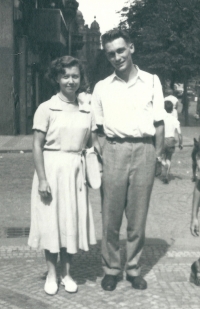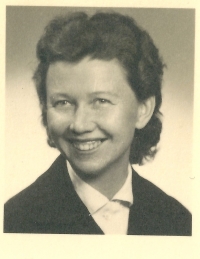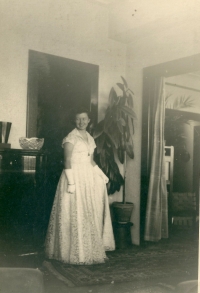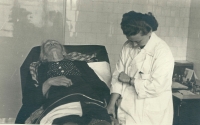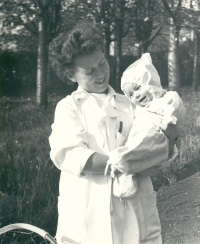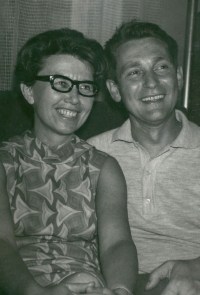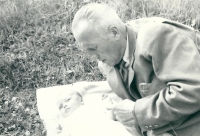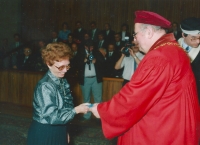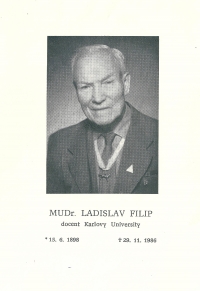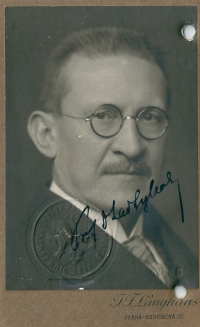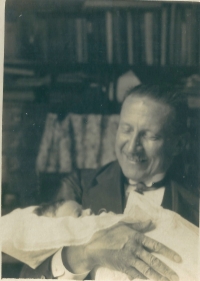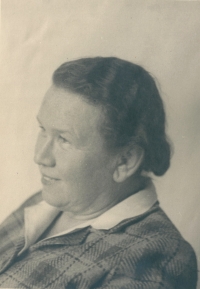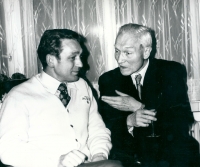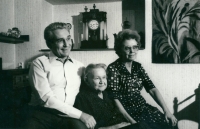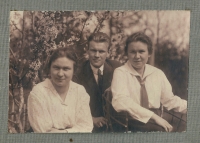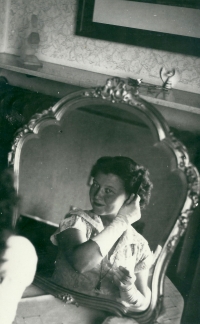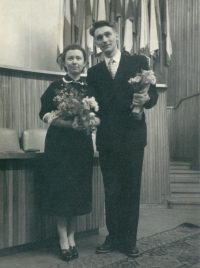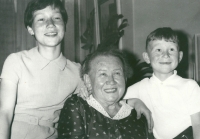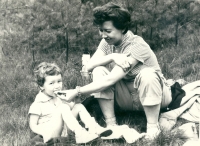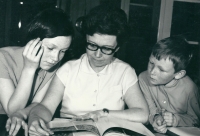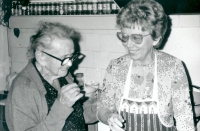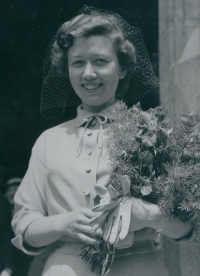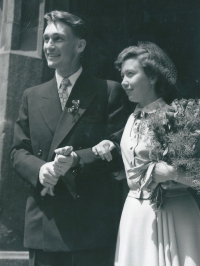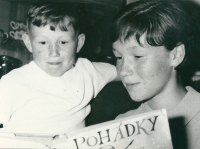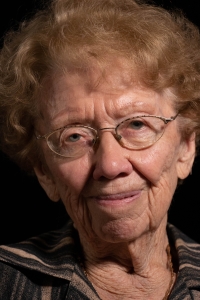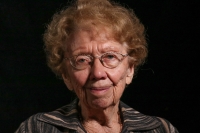I knew what the communists did to my father and I have carried that with me my whole life

Stáhnout obrázek
Hana Dvořáková was born on 12 February 1930 in Prague. She grew up in a newly-constructed family house in Barrandov. Her father Josef Filip was a clerk in the National Bank and during WWII he financially helped to the resistance movement, to pilots in England by means of Foreign Exchange Department. Her mum Ludmila née Syllabová came from a well-known medical family. She spent beautiful childhood in the great family house but in ended with the war. Her grandfather, dad and uncle were members of the Masonic Národ Lodge whose existence became a pretext for their arrest. Her dad, uncle and also mother ended up first in the Pankrác prison in 1944 and later in Terezín. All of them survived but nothing good awaited them in the new regime. The family had to move out from the family house in 1952 during the expropriation “Action B” to much worse conditions of a small house in Černošice. Hana Dvořáková attended a Scout unit since war years (at that time under the auspices of the Czech Tourist Club) and she has stayed faithful to scouting her whole life. She graduated from English grammar school after the war and she was admitted to the Faculty of Medicine without problems and she graduated from the faculty in 1955. She participated in restoration of Scout in 1968, she also joined the Club of Committed Non-Party Members (KAN). She successfully continued in her medical career and she became one of the leading specialists in gastroenterology.
